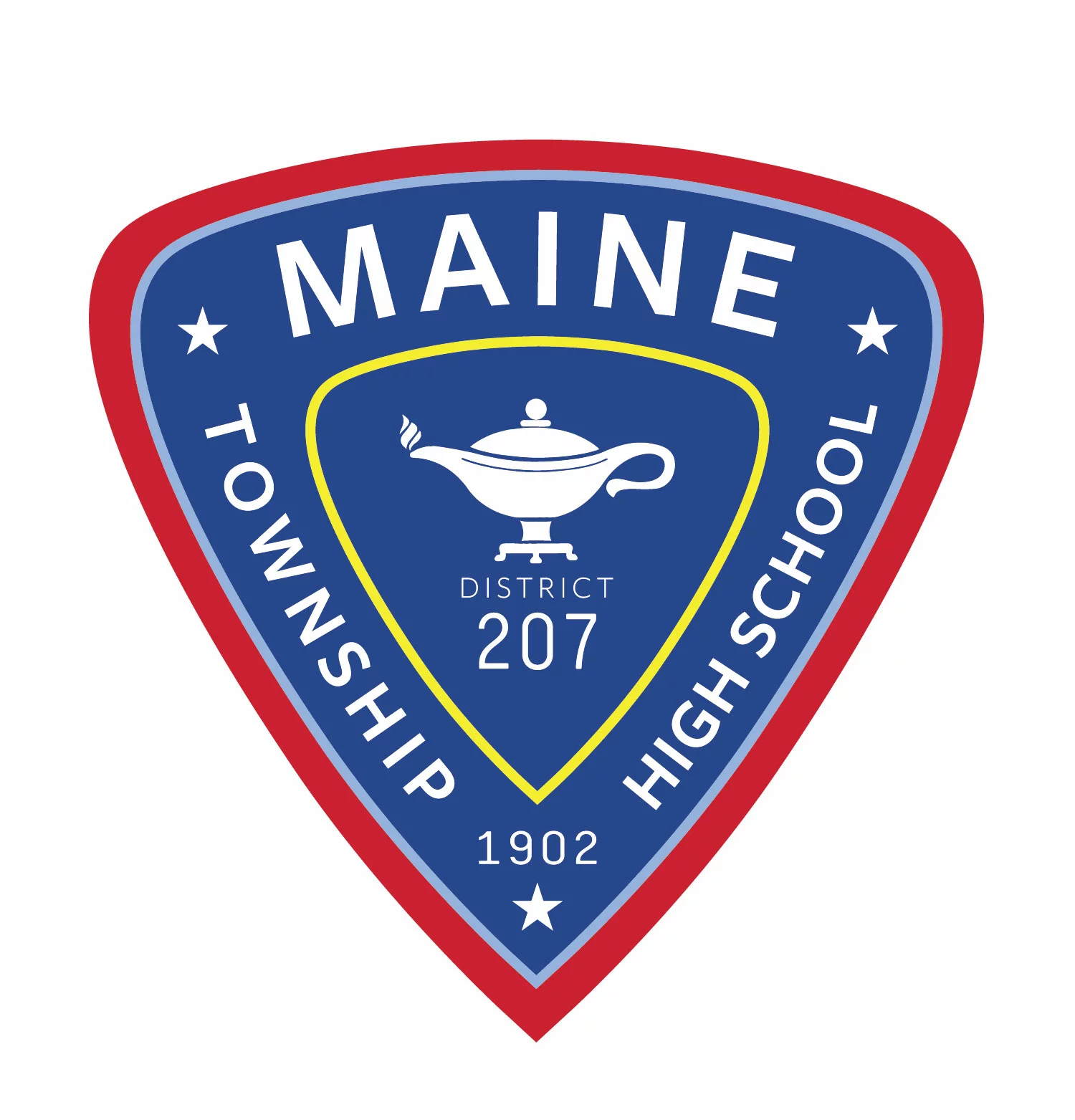COMPETENCIES
The Building Learner Ownership pathway includes adult learning competencies that focus on developing learner agency.
This pathway focuses on learning how to empower students to ask questions, set goals and collaborate with others in order to drive their own learning process.

I can use my understanding of the difference between compliance and engagement to implement evidence-based pedagogical strategies to inspire curiosity, ownership and reflection in learners.
See Alignments BelowI can utilize routines and strategies to empower learners to set and monitor progress toward personal and academic goals; develop abilities to self-reflect and self-regulate; cultivate growth mindsets; and influence perceptions of self-efficacy and purpose.
See Alignments BelowI can create opportunities for learners to ask questions, collaborate, and cultivate curiosity through curricular, career, and civic exploration.
See Alignments BelowI can promote high expectations that requires students to collaborate with others and take intellectual risks.
See Alignments BelowI can provide each learner with specific feedback that results in student-driven growth
See Alignments BelowALIGNMENTS
Vision
Learner inquires about and questions content at a deep and personal level.
Learning progressions are based on student interest and are adapted to meet individual student needs.
Learners can articulate their personal learning journey using routine reflective practices
Foundational learning outcomes have broad application across multiple disciplines and are clearly connected to essential skills required for success in life.
The school culture acknowledges the wants, needs, and goals of individuals and systemically supports their pursuit.
The school culture supports the belief that learning occurs in a multitude of settings and through a multitude of modalities that are centered around the preferences of students.
Failure is accepted as a necessary part of the learning process.
Learning is a social activity.
The school culture fosters a sense of belonging and acceptance.
Areas of Focus
Framework for Professional Practice
Demonstrating Flexibility and Responsiveness
Showing Professionalism
Growing and Developing Professionally
Participating in the Professional Community
Reflecting on Teaching and Practice
Managing Student Behavior
Creating an Environment of Respect and Rapport
Maintaining Accurate Records to Support communication with families
Managing routines, procedures and physical space
Using Questioning and Discussion Techniques
Demonstrating Knowledge of Students
Using Assessment in Instruction/Practice
Designing Assessments
Demonstrating Knowledge of Resources
Demonstrating Knowledge of Content and Pedagogy
Engaging Students
Communicating with Students
Establishing a Culture and Climate for Learning
Designing Coherent Instruction/Services
Setting goals and outcomes
Vision
Learner inquires about and questions content at a deep and personal level.
Learning progressions are based on student interest and are adapted to meet individual student needs.
Learners can articulate their personal learning journey using routine reflective practices
Foundational learning outcomes have broad application across multiple disciplines and are clearly connected to essential skills required for success in life.
The school culture acknowledges the wants, needs, and goals of individuals and systemically supports their pursuit.
The school culture supports the belief that learning occurs in a multitude of settings and through a multitude of modalities that are centered around the preferences of students.
Failure is accepted as a necessary part of the learning process.
Learning is a social activity.
The school culture fosters a sense of belonging and acceptance.
Areas of Focus
Framework for Professional Practice
Demonstrating Flexibility and Responsiveness
Showing Professionalism
Growing and Developing Professionally
Participating in the Professional Community
Reflecting on Teaching and Practice
Managing Student Behavior
Creating an Environment of Respect and Rapport
Maintaining Accurate Records to Support communication with families
Managing routines, procedures and physical space
Using Questioning and Discussion Techniques
Demonstrating Knowledge of Students
Using Assessment in Instruction/Practice
Designing Assessments
Demonstrating Knowledge of Resources
Demonstrating Knowledge of Content and Pedagogy
Engaging Students
Communicating with Students
Establishing a Culture and Climate for Learning
Designing Coherent Instruction/Services
Setting goals and outcomes
Vision
Learner inquires about and questions content at a deep and personal level.
Learning progressions are based on student interest and are adapted to meet individual student needs.
Learners can articulate their personal learning journey using routine reflective practices
Foundational learning outcomes have broad application across multiple disciplines and are clearly connected to essential skills required for success in life.
The school culture acknowledges the wants, needs, and goals of individuals and systemically supports their pursuit.
The school culture supports the belief that learning occurs in a multitude of settings and through a multitude of modalities that are centered around the preferences of students.
Failure is accepted as a necessary part of the learning process.
Learning is a social activity.
The school culture fosters a sense of belonging and acceptance.
Areas of Focus
Framework for Professional Practice
Demonstrating Flexibility and Responsiveness
Showing Professionalism
Growing and Developing Professionally
Participating in the Professional Community
Reflecting on Teaching and Practice
Managing Student Behavior
Creating an Environment of Respect and Rapport
Maintaining Accurate Records to Support communication with families
Managing routines, procedures and physical space
Using Questioning and Discussion Techniques
Demonstrating Knowledge of Students
Using Assessment in Instruction/Practice
Designing Assessments
Demonstrating Knowledge of Resources
Demonstrating Knowledge of Content and Pedagogy
Engaging Students
Communicating with Students
Establishing a Culture and Climate for Learning
Designing Coherent Instruction/Services
Setting goals and outcomes
Vision
Learner inquires about and questions content at a deep and personal level.
Learning progressions are based on student interest and are adapted to meet individual student needs.
Learners can articulate their personal learning journey using routine reflective practices
Foundational learning outcomes have broad application across multiple disciplines and are clearly connected to essential skills required for success in life.
The school culture acknowledges the wants, needs, and goals of individuals and systemically supports their pursuit.
The school culture supports the belief that learning occurs in a multitude of settings and through a multitude of modalities that are centered around the preferences of students.
Failure is accepted as a necessary part of the learning process.
Learning is a social activity.
The school culture fosters a sense of belonging and acceptance.
Areas of Focus
Framework for Professional Practice
Demonstrating Flexibility and Responsiveness
Showing Professionalism
Growing and Developing Professionally
Participating in the Professional Community
Reflecting on Teaching and Practice
Managing Student Behavior
Creating an Environment of Respect and Rapport
Maintaining Accurate Records to Support communication with families
Managing routines, procedures and physical space
Using Questioning and Discussion Techniques
Demonstrating Knowledge of Students
Using Assessment in Instruction/Practice
Designing Assessments
Demonstrating Knowledge of Resources
Demonstrating Knowledge of Content and Pedagogy
Engaging Students
Communicating with Students
Establishing a Culture and Climate for Learning
Designing Coherent Instruction/Services
Setting goals and outcomes
Vision
Learner inquires about and questions content at a deep and personal level.
Learning progressions are based on student interest and are adapted to meet individual student needs.
Learners can articulate their personal learning journey using routine reflective practices
Foundational learning outcomes have broad application across multiple disciplines and are clearly connected to essential skills required for success in life.
The school culture acknowledges the wants, needs, and goals of individuals and systemically supports their pursuit.
The school culture supports the belief that learning occurs in a multitude of settings and through a multitude of modalities that are centered around the preferences of students.
Failure is accepted as a necessary part of the learning process.
Learning is a social activity.
The school culture fosters a sense of belonging and acceptance.
Areas of Focus
Framework for Professional Practice
Demonstrating Flexibility and Responsiveness
Showing Professionalism
Growing and Developing Professionally
Participating in the Professional Community
Reflecting on Teaching and Practice
Managing Student Behavior
Creating an Environment of Respect and Rapport
Maintaining Accurate Records to Support communication with families
Managing routines, procedures and physical space
Using Questioning and Discussion Techniques
Demonstrating Knowledge of Students
Using Assessment in Instruction/Practice
Designing Assessments
Demonstrating Knowledge of Resources
Demonstrating Knowledge of Content and Pedagogy
Engaging Students
Communicating with Students
Establishing a Culture and Climate for Learning
Designing Coherent Instruction/Services
Setting goals and outcomes
